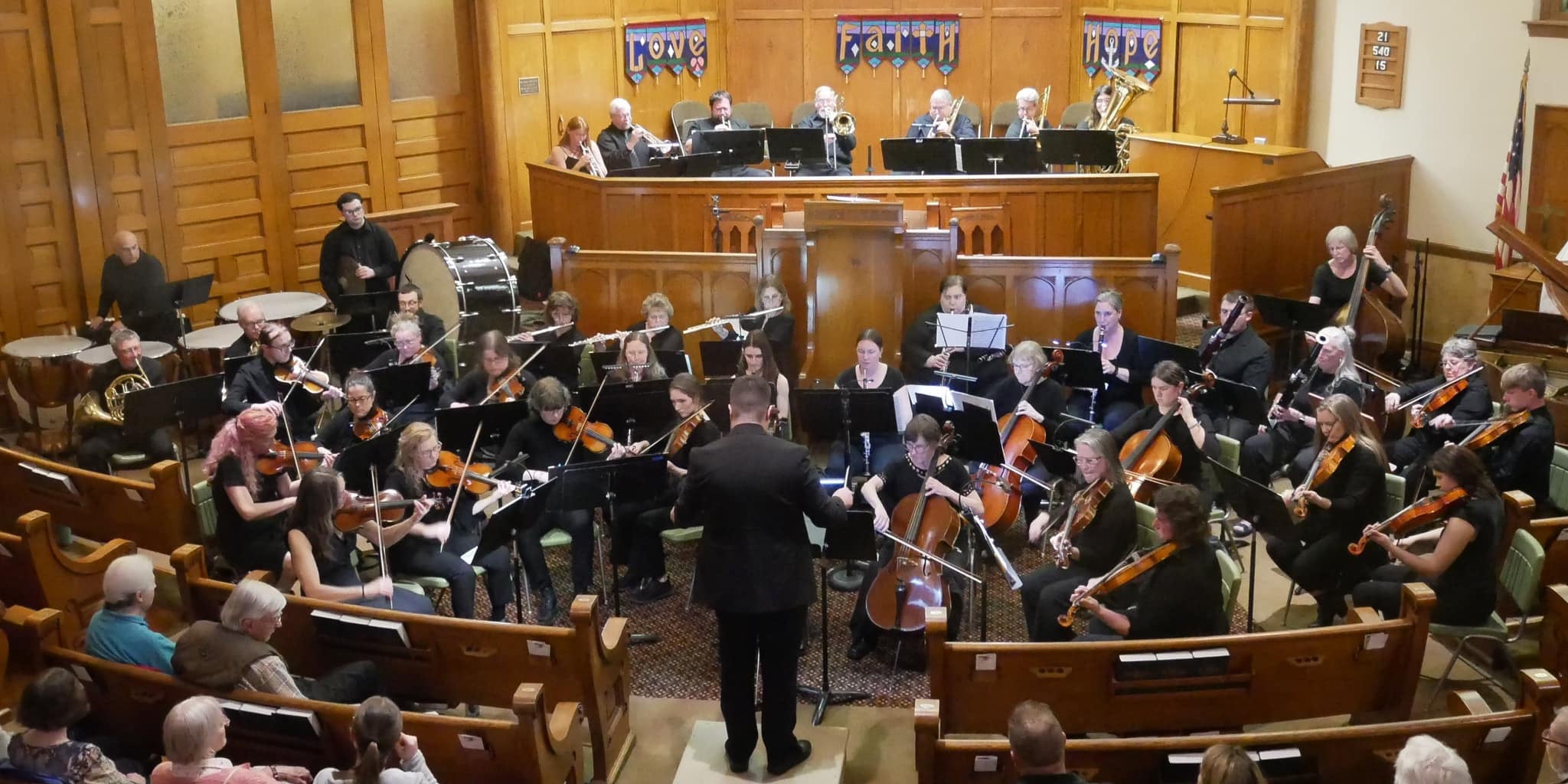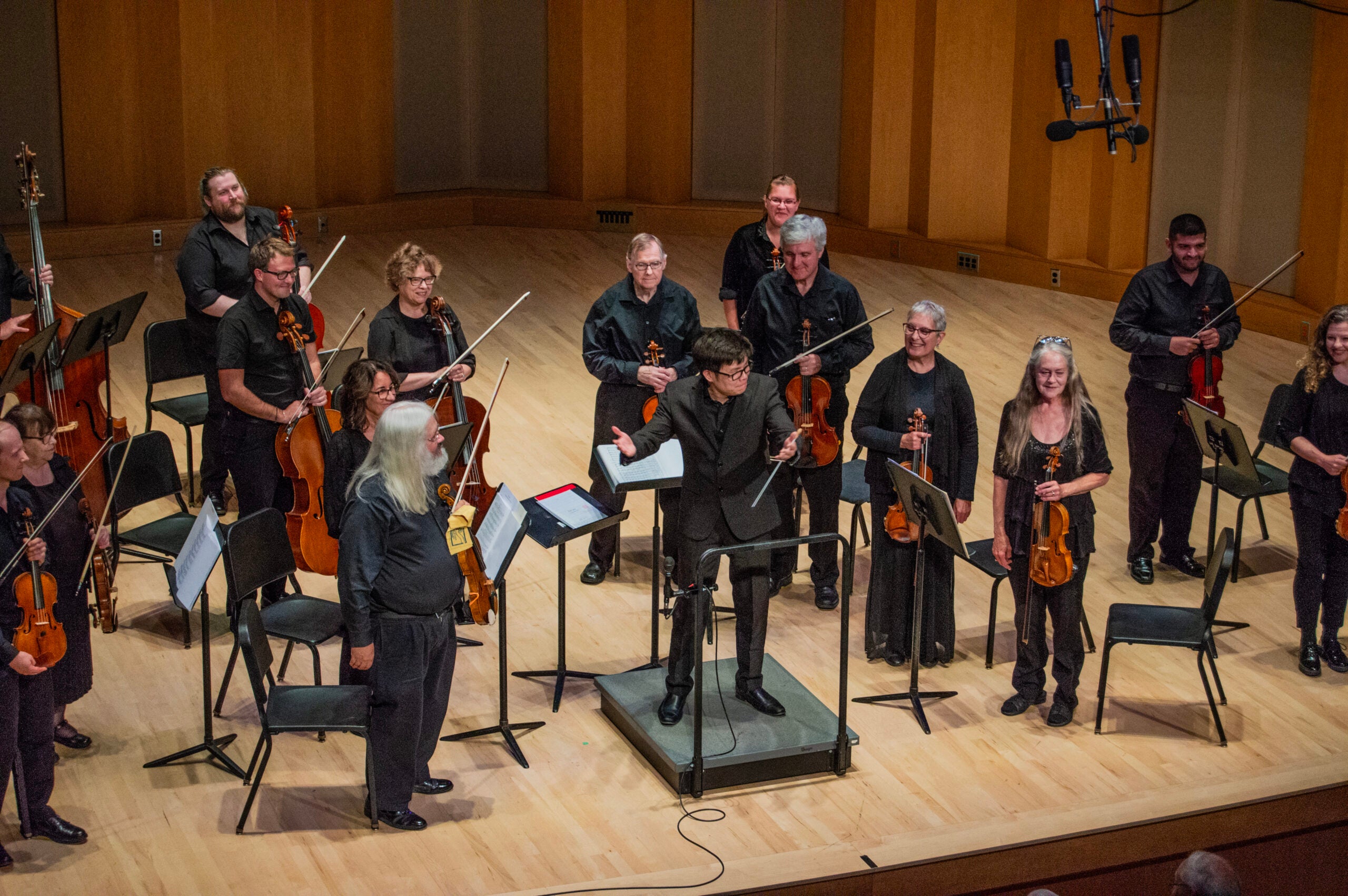A great composer isn’t always a great conductor, even when leading a performance of his own music. That was the upshot of an extraordinary occurrence involving Claude Debussy.
In 1909 Debussy was in London to conduct several of his works at Queen’s Hall. He was delighted to be there, thinking that Londoners appreciated his music even more than Parisians did. He received a warm welcome, and his English counterpart, Henry Wood, had rehearsed the orchestra thoroughly before Debussy’s arrival.
The concert included the second of Debussy’s Nocturnes, a movement called Fêtes, suitable for such a festive occasion, a piece in which the time signature changes often. According to Wood, Debussy was not a great conductor in the first place, and as he conducted the piece he somehow lost his place–and the beat. Apparently he decided that the only way to salvage the performance was to stop and begin again. He tapped on the conductor’s desk. Wood continues:
Stay informed on the latest news
Sign up for WPR’s email newsletter.
Then the most extraordinary thing happened. The orchestra refused to stop. It really was an amazing situation. Here was a famous composer directing a work of his own and, having got into difficulties, was asking the orchestra to stop and was being met with refusal. They obviously did not intend to stop. They knew that the audience would think the fault was theirs. Moreover the work, which they liked immensely, was going beautifully and they meant to give a first-rate performance of it, which they proceeded to do and succeeded in doing.
The audience was aware of the problem and responded with applause that demanded an encore of the piece, an encore that went off without incident. “They wouldn’t stop,” Debussy told Wood afterward in the artists’ room.
“I fancy,” Wood said later, “that he went back to Paris with something to think about.”
Wisconsin Public Radio, © Copyright 2025, Board of Regents of the University of Wisconsin System and Wisconsin Educational Communications Board.




